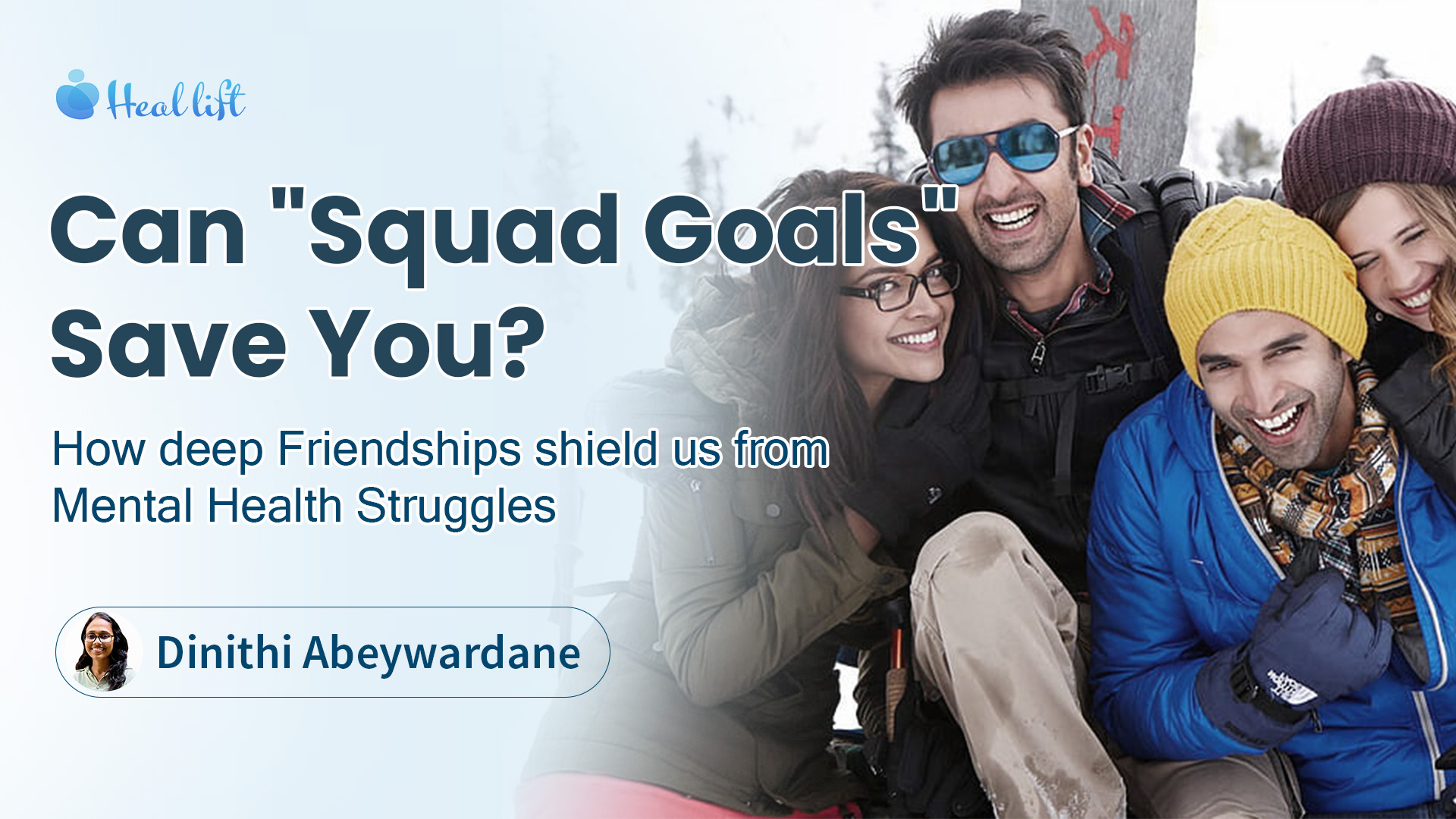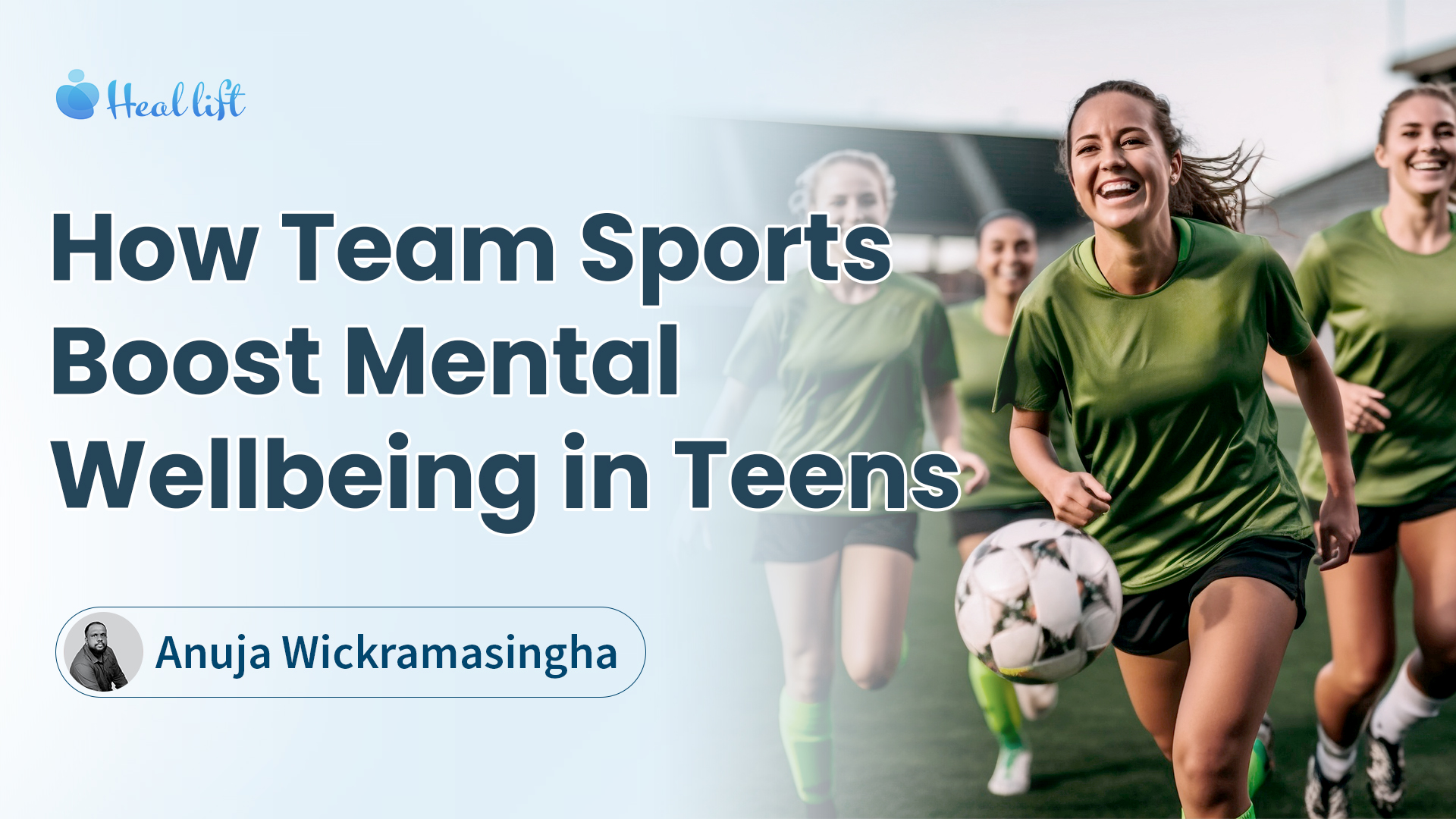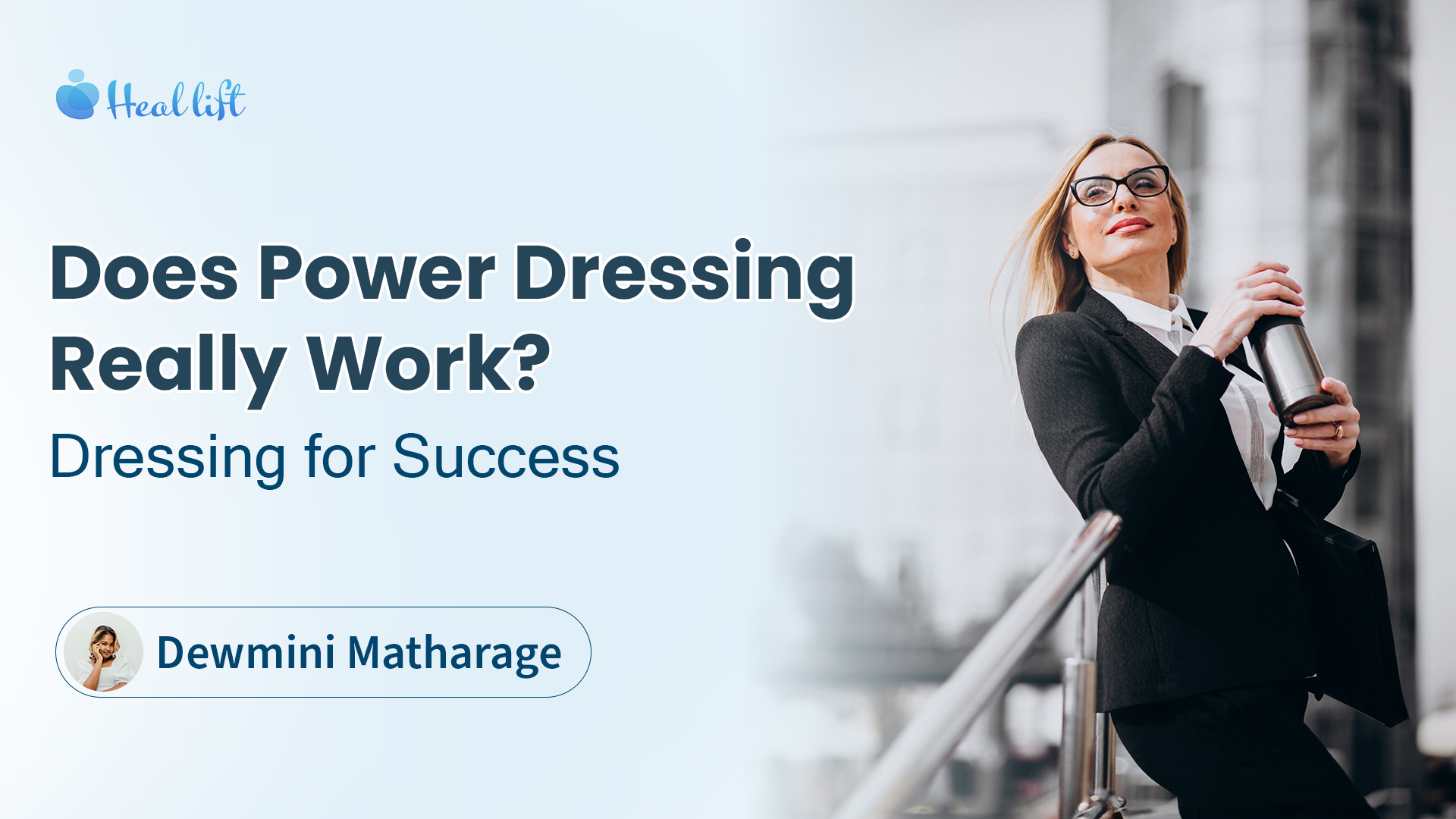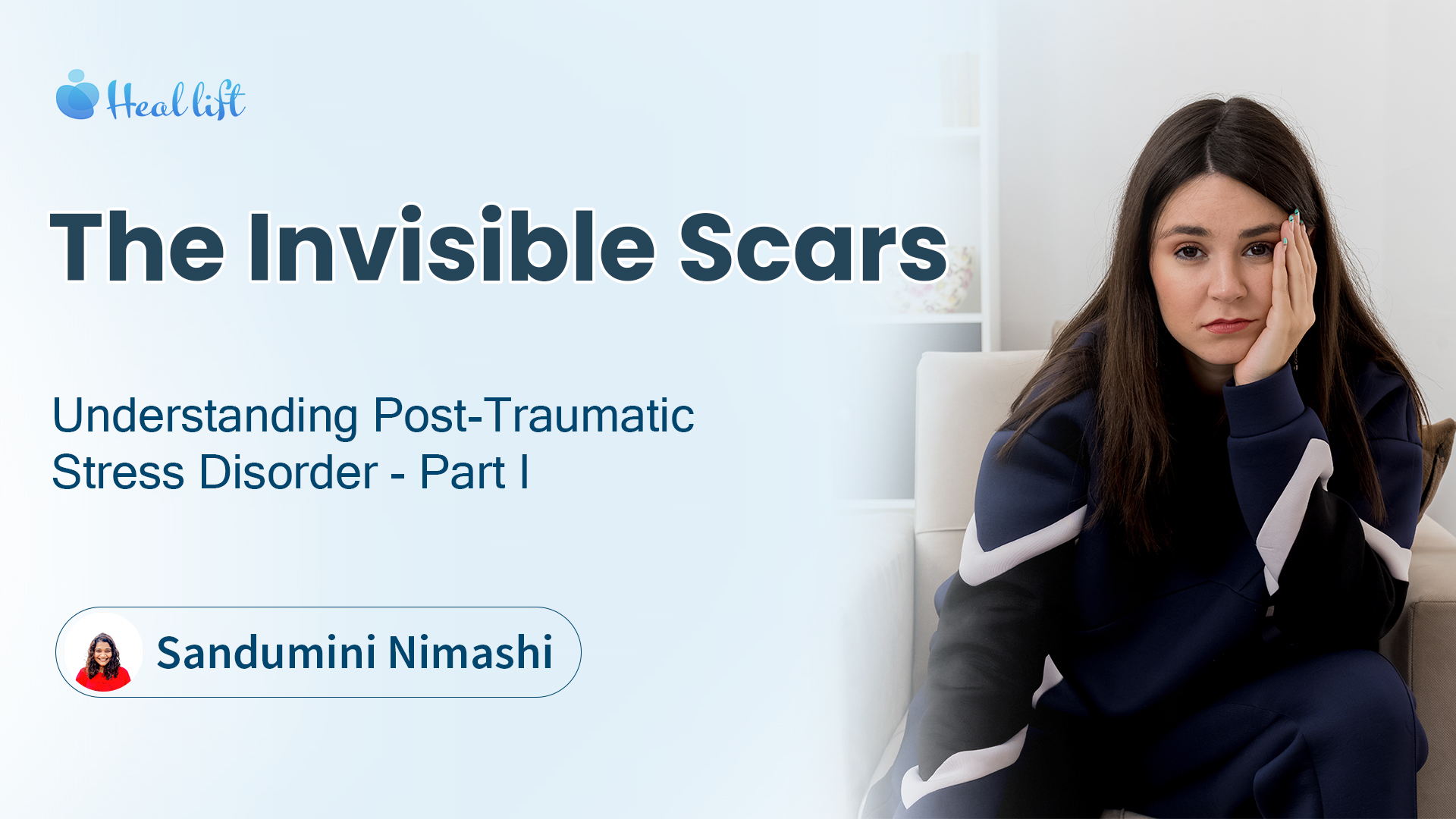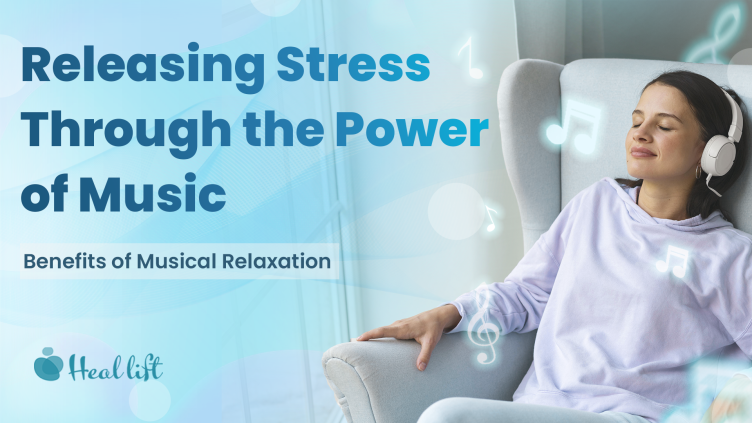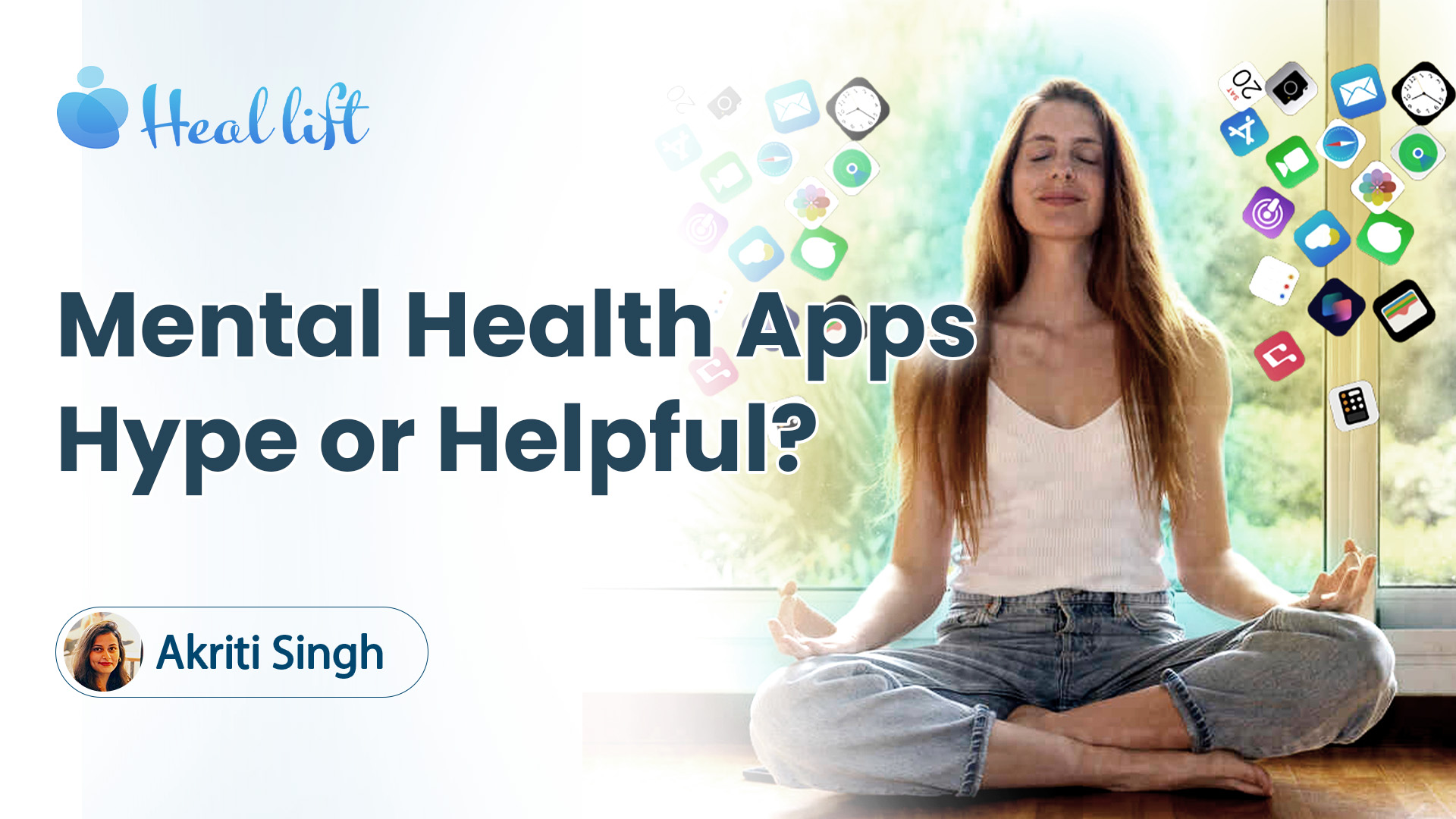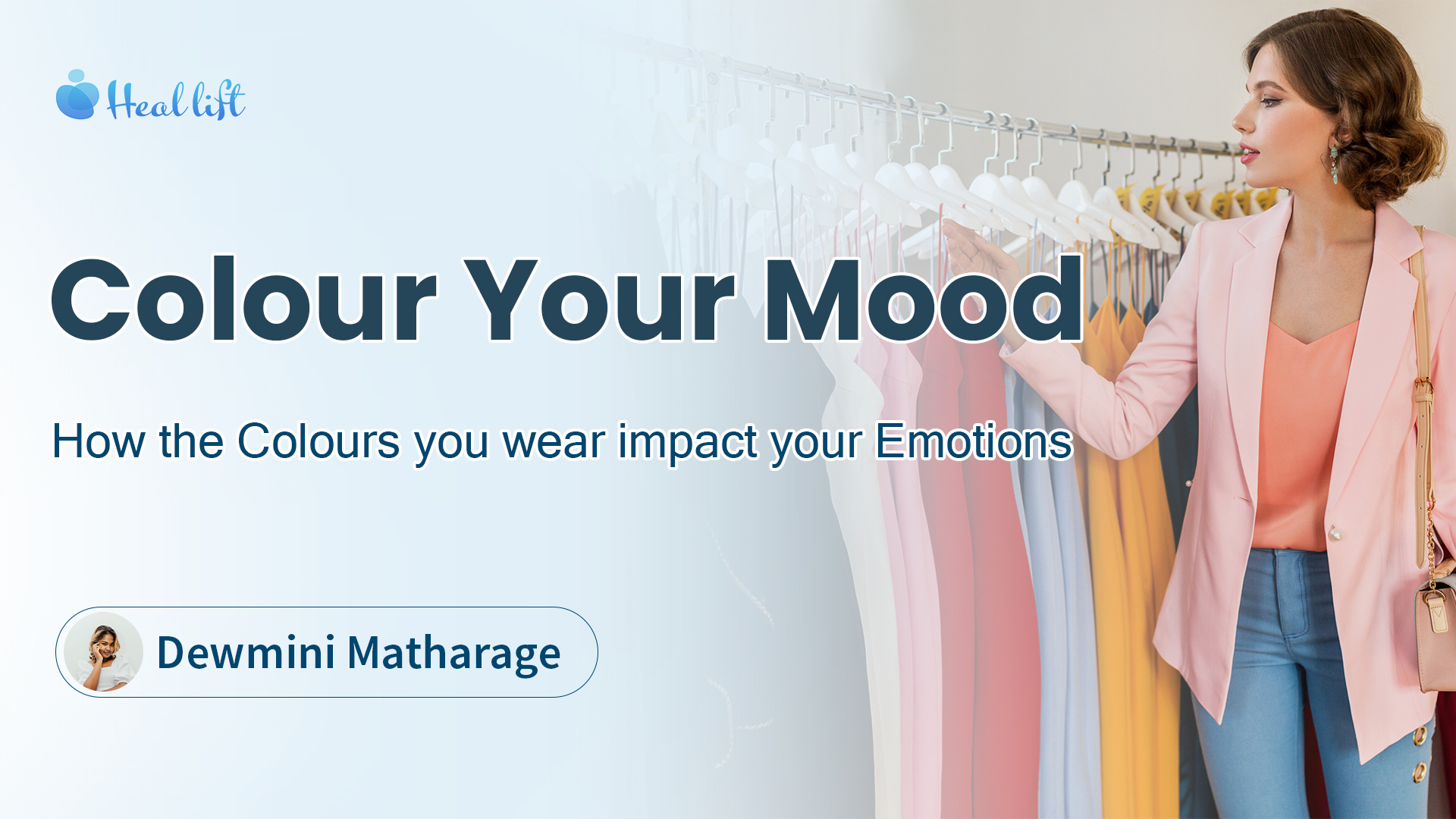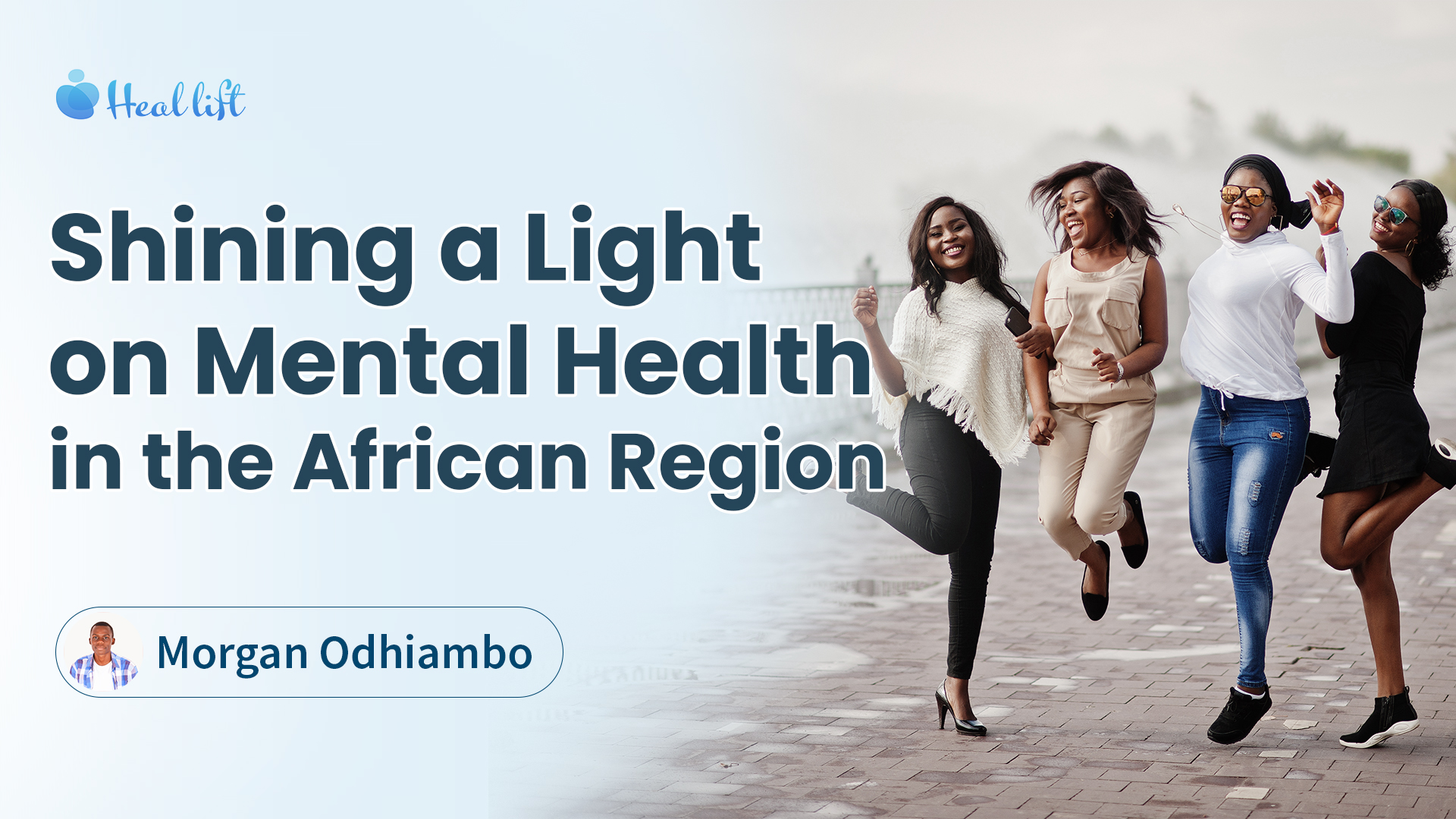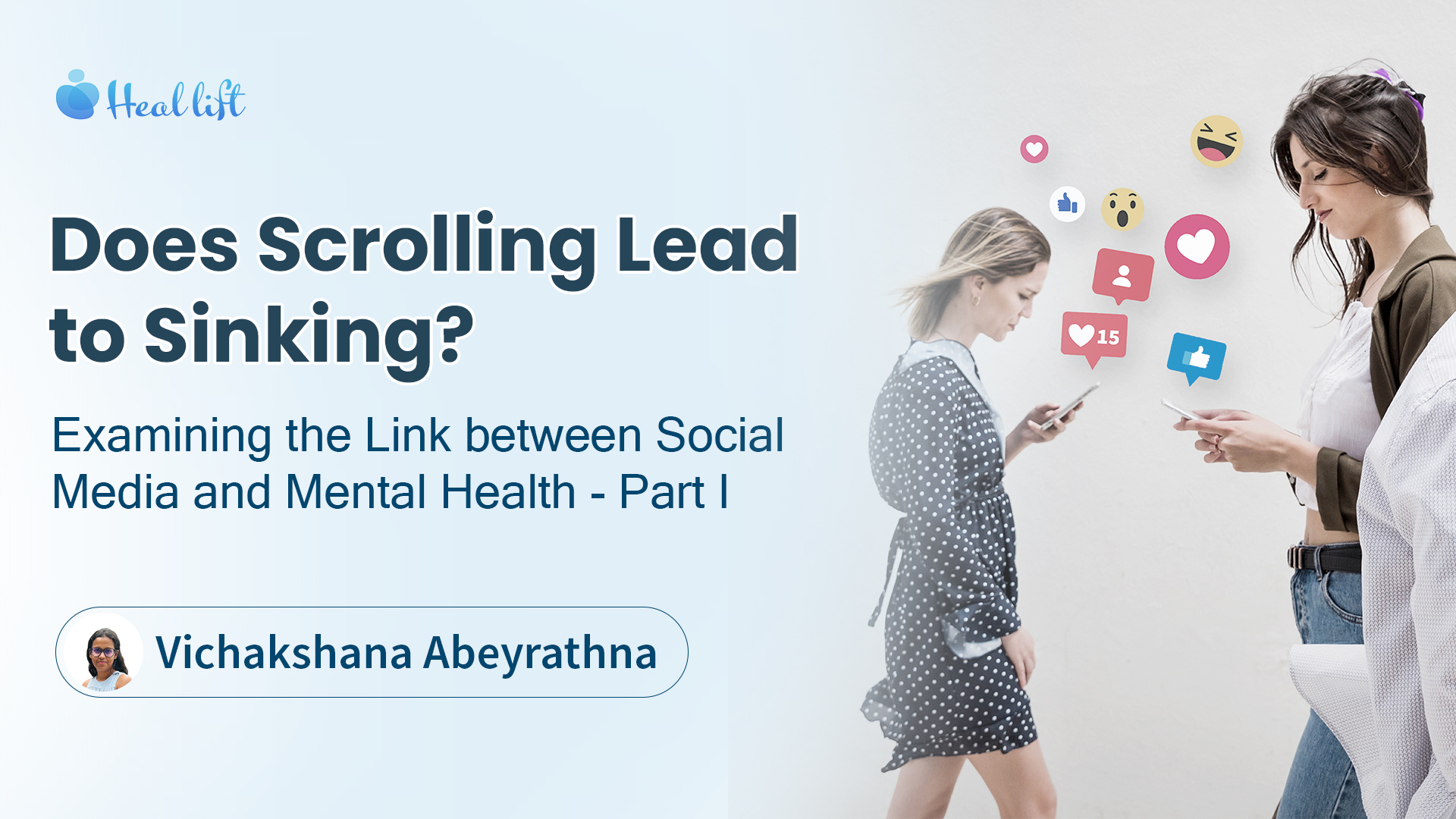Vichakshana Abeyrathna
-
28 Jan 2024
Does Scrolling Lead to Sinking? - Part I
Is scrolling your hobby?
I dare you to ask the below questions from your inner soul!
Have you ever felt sad to see a picture of someone happy? Have you ever felt happy seeing pictures of someone you think is uglier than you? In fact, have you ever compared yourself to someone else? ...
Yes, we do.
Human beings are social creatures. Companionship is a major fact that helps us thrive in life. The stronger it gets, the harder it affects our mental health. The level of social connections highly affects our mental health. Being socially connected brings the happiness of being cared for, the joy of sharing moments, and many other positive vibes. Thus, it reduces stress, increases self-worth, brings comfort and joy, keeps us from being lonely, and may even lengthen our lives.
Conversely, having a few close social ties can be extremely harmful to your mental and emotional wellbeing. The dearth of close friends may lead to a sense of isolation and emotional impoverishment, as the absence of strong interpersonal relationships deprives individuals of the essential support structures that are crucial for fostering healthy and resilient mental health.
In the 21st century, after facing various crises, being socially active is a matter to be answered in an analytically accurate manner. Hence, answers are unfindable today. To fill the gap in physical connections, social media acts as an interface for creating virtual social connections.
The presence of social media, characterized by modernity, has grown into what may be considered a virtual need, exerting a significant and possible impact on the complexities of your ideas and cognitive processes.
Beyond fostering social connections, social media has not only woven a web of interconnectedness among individuals but has also insidiously ensnared people's mental faculties as a means to while away their time as it disconnects a person from other everyday scenarios such as work, school, or even traffic.
So the effectiveness of social media has been a serious matter of fact, and you should give careful consideration to how your ideas, whether positive or negative, affect your behavior.
What drags you into social media?
After closely examining the research on the matter, they explain the several aspects of social media usage that lead to human acclimatization. These factors exist in both passive and active ways.
If we elaborate on active and passive social media usage, active social media use involves sharing information and engaging with others, enhances the perceived relatedness of individuals, and promotes altruistic behavior. On the other hand, passive social media use involves reading and observing and tends to prioritize helping kin over genetically unrelated individuals, which both influence mental health in totally different formats.
An individual finds psychological satisfaction and a social need for enjoyment, relaxation, and social connection through social media. Which is the main dragging point of it. As these platforms fulfill the need in a convenient manner, they also open up to the whole society, breaking physical contact ethics and encouraging every personal character to connect on one platform, both active and passive, with a minimum need for technical knowledge. It facilitates a combination of personal needs, social connection, and gratification-seeking behaviors.
The updating technology is catering to various methods to reach and be updated on those platforms since it becomes more convenient to keep in touch, and that sells. It also means that social media is always accessible. This chronically connects to hyper-connectivity, which can trigger impulse control problems. The constant alerts and notifications affect your concentration and focus, disturb your sleep, and make you a slave to your phone.
Moreover, every one of these platforms is designed to snare your attention, keep in touch, and have you repeatedly check your screen for updates. Which leads you to psychological cravings, such as an addiction to drugs, alcohol, or nicotine, or a gambling compulsive. Dopamine is the same "reward" chemical that is released in response to winning at slots, eating chocolate, or smoking a cigarette, and it may be released in the brain when you receive a like, a share, or a positive response to a post. If you want to spend more time on social media, the more rewarded you are, even if it starts to negatively impact other areas of your life.
Nonetheless, so far, the researchers have shown that the mental health outcome of social media is a complex matter as it is context-dependent. Facts such as gender, time of day, and manner of use are majorly affecting, while the ability to reach technology and social status passively affect the matter.
Since there is still ongoing research to fully understand the relationship between social media and mental health, we will discuss how the influences work on mental health in the next article.
